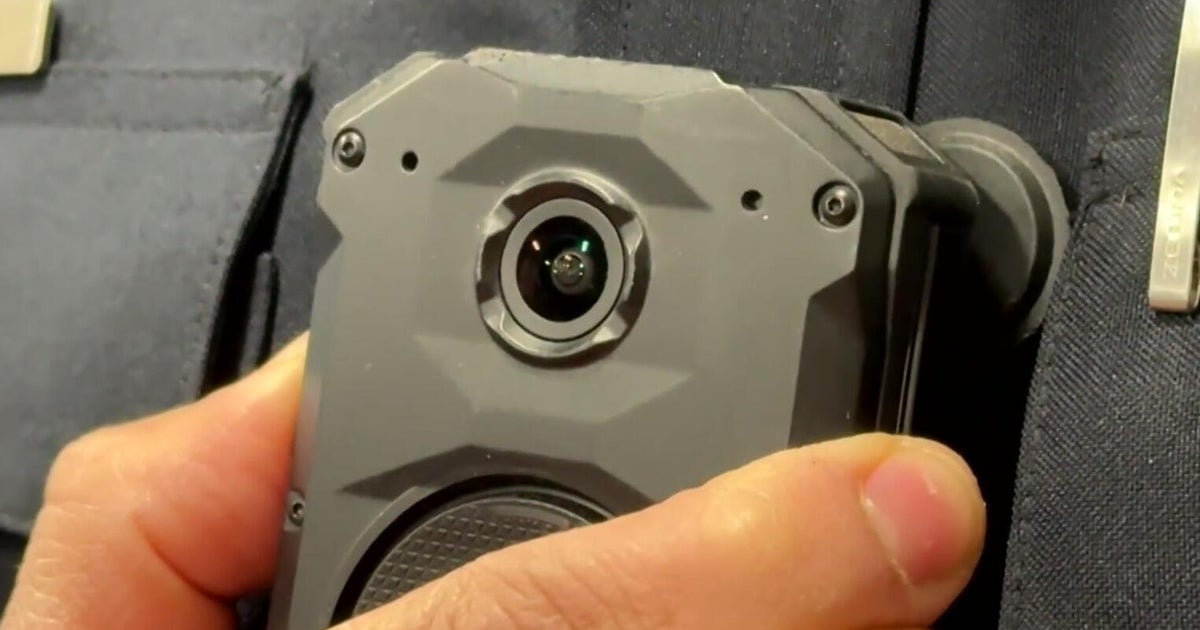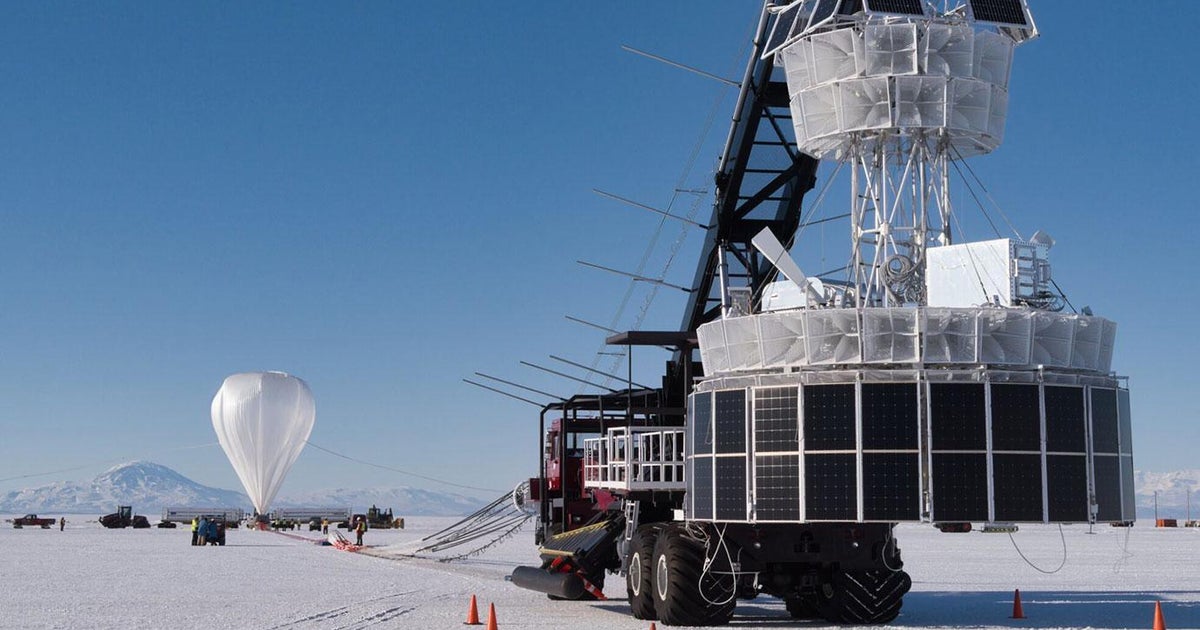NASA Prepping Psyche Spacecraft For Launch, Will Orbit Asteroid 1.5 Billion Miles Away
CAPE CANAVERAL (CBSMiami) - A metal-rich asteroid orbiting the sun between Mars and Jupiter may soon have its first visitor from Earth as NASA technicians prepare the Psyche spacecraft to explore it.
Workers at the NASA Jet Propulsion Laboratory in Pasadena, California, are putting the unmanned explorer through its final testing before its scheduled launch later this year from Cape Canaveral.
"This is a really incredible spacecraft that's going to help us do some really fundamental exploration," said Henry Stone, project manager for the Psyche mission. "We're going to be going to an asteroid that's never been visited before."
The spacecraft will spend 21 months orbiting the asteroid, also named Psyche, in 2026 to study its properties and the building block of planet formation.
"I've been working on this for nine years since it was just a concept on a whiteboard and it is amazing how close we are to actually getting to ship this," said David Y. Oh, project systems engineer.
Attention is being paid to every detail as they prepare for the launch.
"Once we launch this, we can't repair it. We can't go up and go fix it. It's got to work the entire time and it takes three and a half years to get there. And we'll be orbiting Psyche once we get there for two years to collect these scientific measurements. So you need an extremely reliable spacecraft," said Stone.
This will be the first mission to explore an asteroid composed of metals instead of ice and rock.
Scientists think Psyche consists mostly of metal from the core of planets in our solar system: Mercury, Venus, Earth, and Mars.
Key hardware in the spacecraft will detect the metal in the asteroid which could provide a fascinating insight into how Earth formed.
"If we know that, then it helps us understand how the planets were formed in the first place," said Stone.
The spacecraft is scheduled to launch from NASA's Kennedy Space Center in August and then travel 1.5 billion miles to enter orbit around the asteroid.







